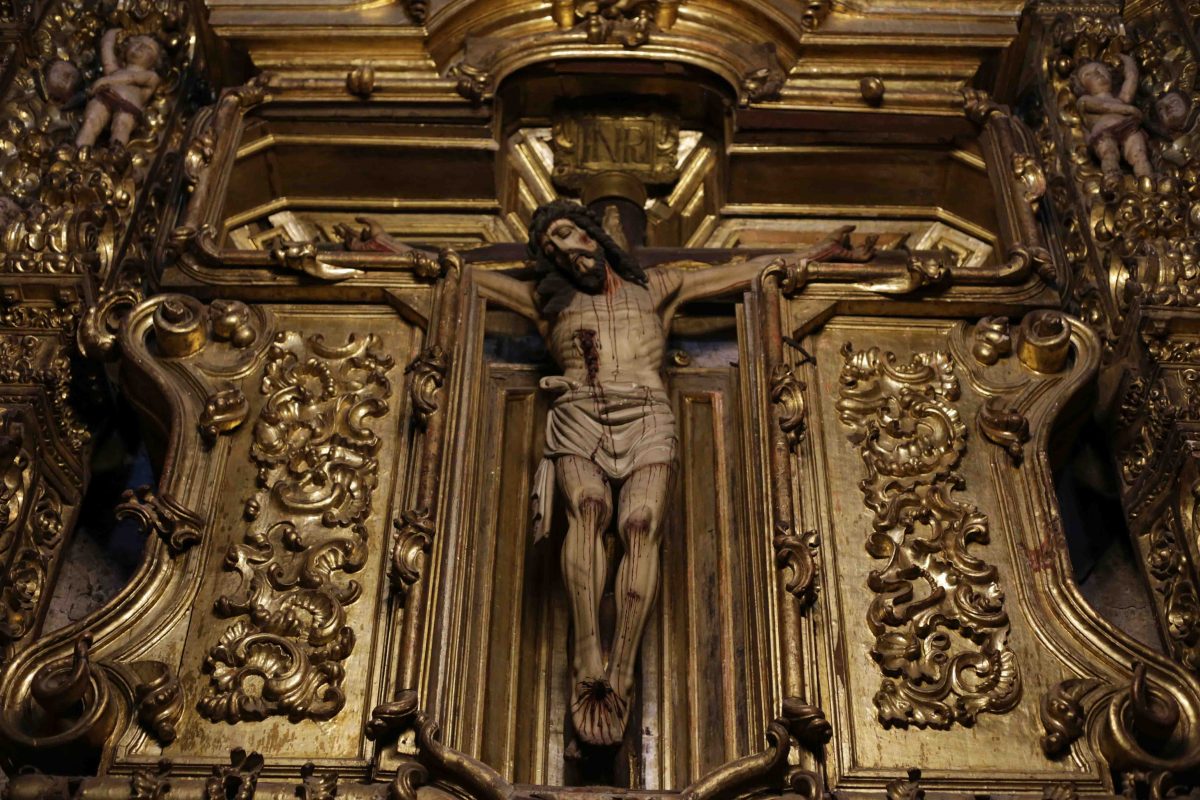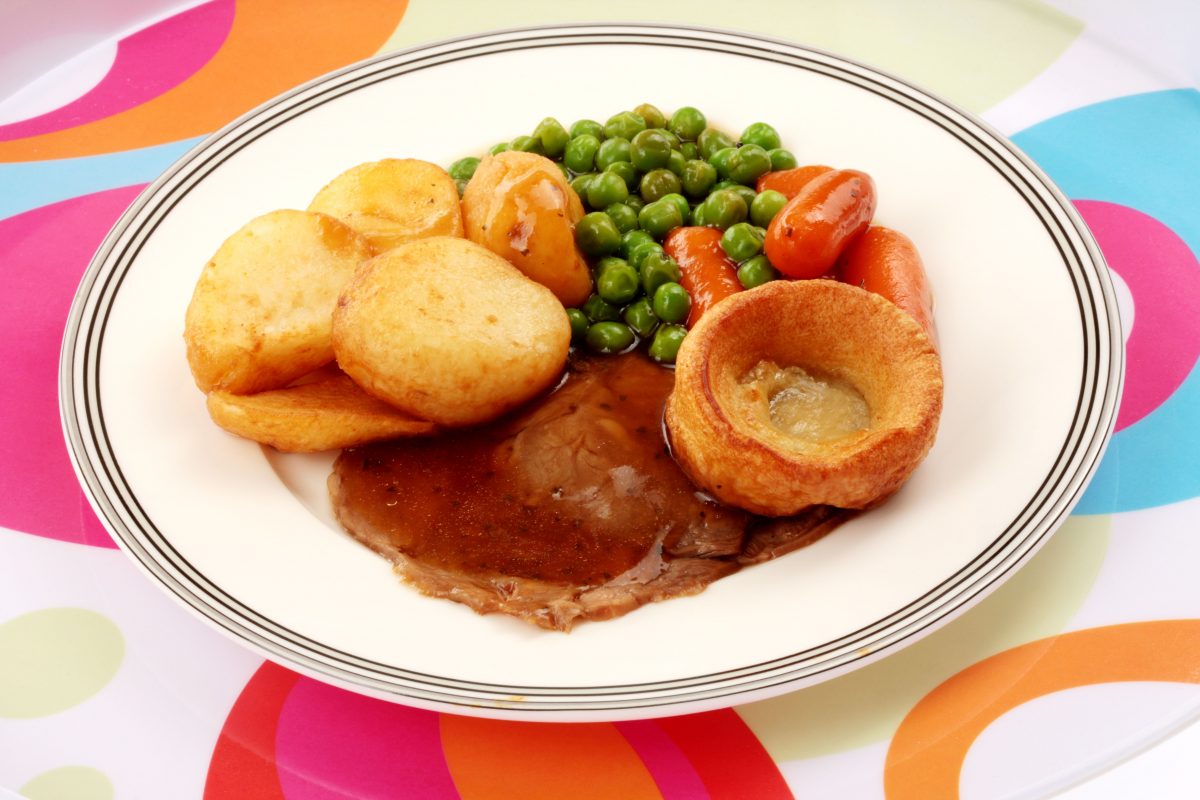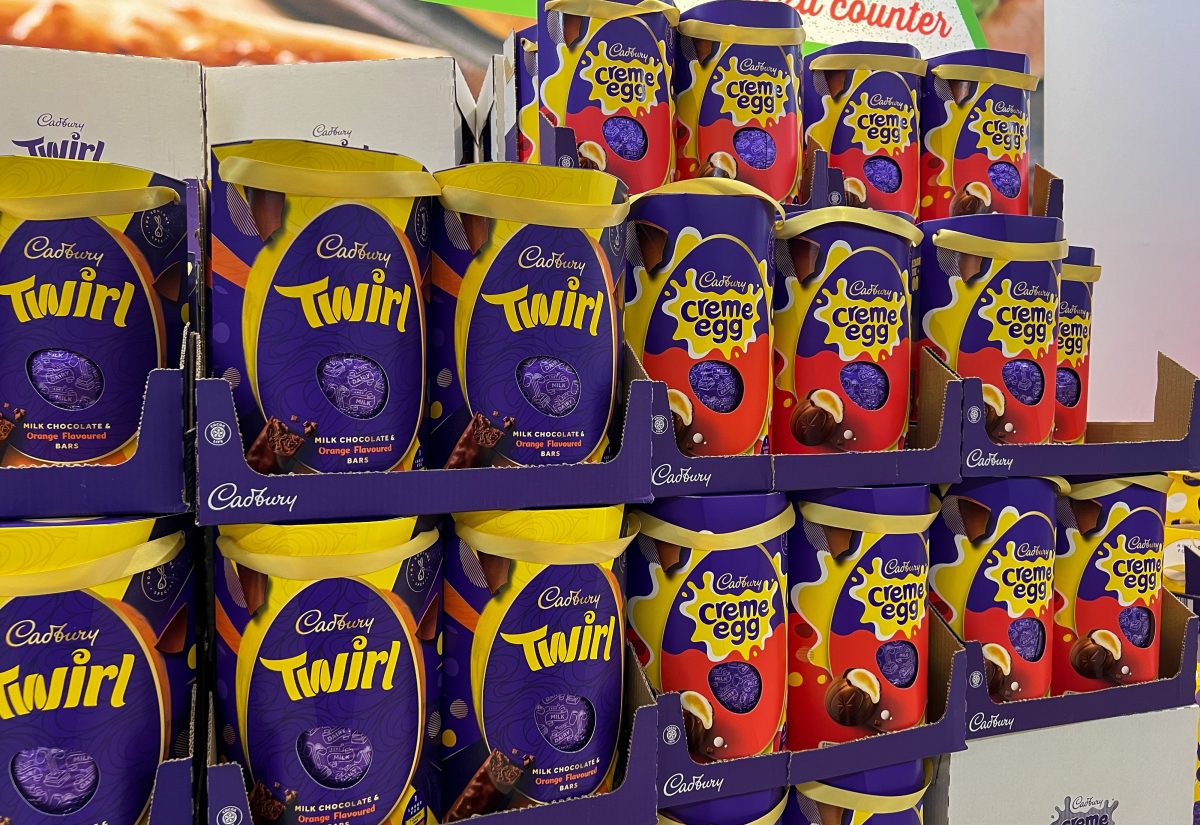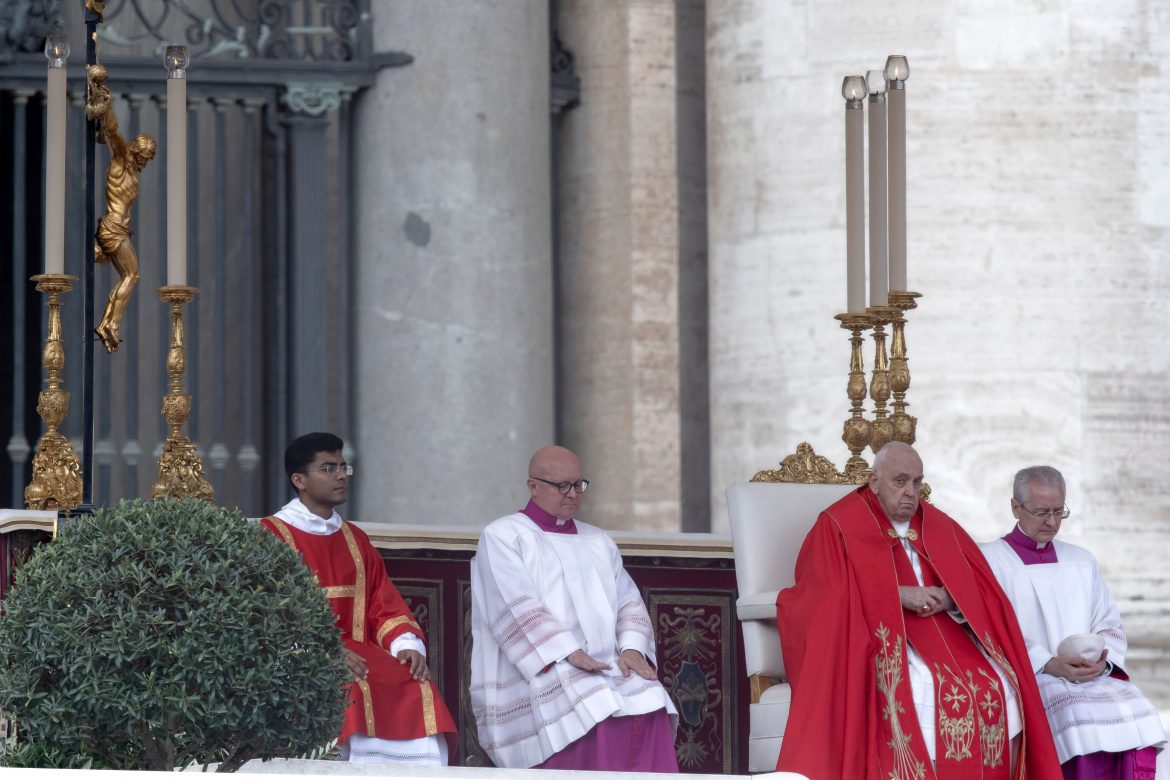Every year many people across the nation, regardless of their religious beliefs, celebrate an extended weekend as part of the Easter weekend. Easter is rooted in Christianity, being a celebration of Jesus’s resurrection from the dead, but today it may seem, to many in the UK, that Easter is about eating extortionate amounts of chocolate and enjoying a four-day weekend.
The origins of Easter
Despite being thought to have been taken from the Jewish Passover celebration, Easter celebrates the death and resurrection of Jesus. It is believed that Jesus was crucified on a Friday and was resurrected from the dead on the following Sunday.
According to the Christian Enquiry Agency, churches use Easter Sunday “to praise God for raising Jesus from the dead and to remember Christian martyrs – believers who had been put to death rather than give up their faith. In some traditions, it was also the day on which new converts to Christianity were baptised, usually dressed in white”.
The date of Jesus’ death and resurrection was not recorded. Therefore, Easter does not have a fixed date but can instead fall on any Sunday between 22 March and 25 April due to it being linked to the Jewish festival of Passover, which happened when Jesus died.

The timing of Passover follows the cycles of the moon and Easter will always be on the Sunday following the first full moon after the Spring equinox due to an agreement made by church leaders in the 4th century.
According to the Unger’s Bible Dictionary, “The word Easter is of Saxon origin, Eastra, the goddess of spring, in whose honour sacrifices were offered about Passover time each year. By the 8th century, Anglo-Saxons had adopted the name to designate the celebration of Christ’s resurrection”.
Easter traditions in the UK can include eating fish instead of meat or hot cross buns on Good Friday, followed by an Easter service on the Sunday and a meal consisting of roast lamb.
Eating lamb on Easter Sunday has become a tradition because lamb is a symbol of sacrifice and redemption.

However, lamb along with other Easter traditions in the UK have, over the years, become more symbolic of the new life that comes with spring rather than Jesus’ new life following his resurrection.
Because of this, many now see Easter as a celebration of the start of spring and enjoy more modern traditions like Easter eggs and the Easter bunny.
Has this pivot in focus led Easter to become more of a secular holiday than a religious holiday?
How is Easter celebrated today?
In the UK, most people, bar those who work in industries such as hospitality, are granted a four-day weekend over the Easter weekend, having Good Friday and the Monday following Easter Sunday off work, and many schools in the UK, except for non-Christian faith schools, have school holidays over the Easter period. This includes people who are agnostic or atheist.
While the holiday is welcomed by many, it puts into question why everyone is granted the time off over Easter when they are not granted time off for other religious holidays from other religions, such as Ramadan.
For Ian Sturch who lives in Surbiton, religion is not for him, “but the extra days off are welcome”.
For Surbiton local Pritti Amin, Easter is losing its religious roots. She said: “I am a Hindu and went to a catholic school from age three. Whilst I love spending the extra holiday time with my family, I think people, especially children, have no idea why they are celebrating. It’s more about the chocolate rather than the resurrection.”

Nevertheless, there are still many people who view Easter as a religious holiday.
Sophie Howard, who identifies as Christian, still sees Easter as a religious celebration. And believes that it is the most important one, even more so than Christmas.
She thinks that people do not understand the true meaning of Easter. She said: “It’s much easier to be excited about chocolate and pastels rather than reminisce a man who was brutally executed but was reported to have been seen alive in the three days after he died.”
Malgorzata Dickinson who lives in Surbiton, also views Easter as a religious holiday and shared the traditions that Polish Christians follow. She said: “Easter is definitely a religious time for me. I will be taking the kids to the church, and we will follow the Polish tradition of food blessing on Saturday (my kids love decorating eggs).
“There will be a big Easter dinner with Easter cake and an egg hunt too. But most of all, I’m looking forward to spending time with family. Easter Monday is fun too, with more Polish traditions of water squirting on each other.”
For many, such as Surbiton local, Sally Palmer, who is also Christian, Easter can be a combination of both remembering Christ and spending the extended weekend with family while enjoying chocolate eggs. She said she will be having a fish meal on Good Friday and roast lamb on Easter Sunday.
Palmer said: “Easter eggs represent the cave that Jesus was buried in, so are significant as well as a delicious chocolatey treat.”
Therefore, whilst Easter celebrations today may not be solely focused on the resurrection of Christ as they may have been in earlier centuries, there are still many people who follow the Christian traditions during the Easter holiday whilst also enjoying their time off with family and indulging in chocolate eggs.
Editor and reporter for the Kingston Courier





